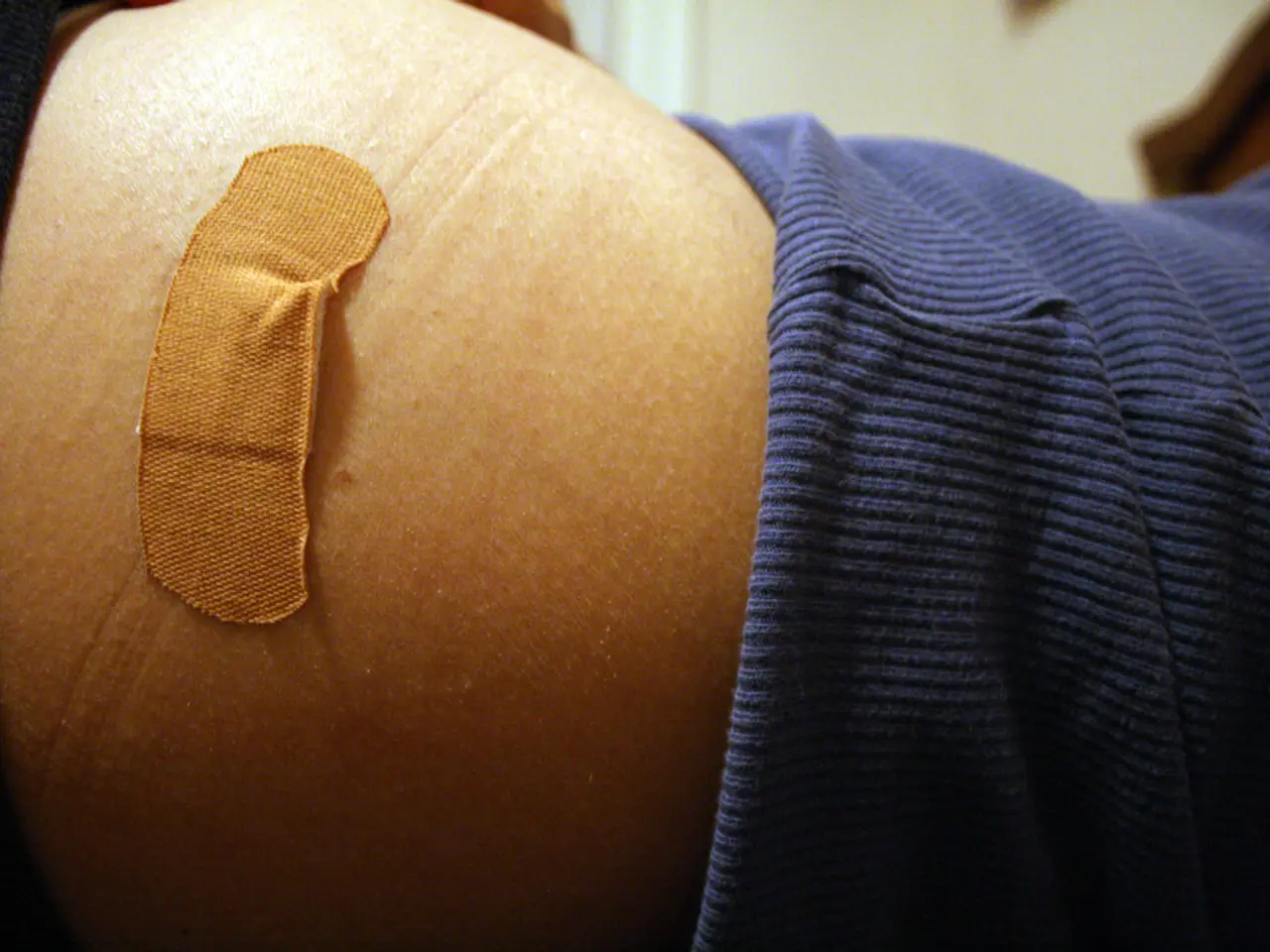Emergency Response in Thuringia: First Aid Provision
In a significant move towards public safety, cardiopulmonary resuscitation (CPR) training has become a compulsory part of the curriculum in all secondary schools across Germany since 2015. This policy, known as the "Lebensrettende Sofortmaßnahmen" (life-saving immediate measures) law, aims to ensure that a large proportion of the general population is equipped to perform basic life-saving measures in emergencies.
The law stems from a nationwide policy that necessitates students learn CPR to obtain their secondary school graduation certificate (Abitur) or equivalent school-leaving certificate. As a result, CPR education is integrated into school curricula in all 16 federal states (Bundesländer) in Germany.
This mandate aligns with the recommendations of the German Resuscitation Council and aims at improving out-of-hospital survival from cardiac arrest. Official German educational and healthcare sources confirm that students must successfully complete first aid and CPR training to take the school leaving exam or to receive their certificate.
While the specifics of the CPR training may vary across states, it is confirmed that students in Lower Saxony, Rhineland-Palatinate, North Rhine-Westphalia, and the Saarland have already undergone practical CPR training as part of their school curriculum. By 2026, secondary schools in these states will further integrate CPR into their curriculum.
In some states, such as Thuringia, the CPR module is optional. However, an agreement with major aid organizations exists in Thuringia to offer an optional CPR module to students. Every student in Bavaria will also have the opportunity to participate in a basic first aid training.
The CPR learning unit is designed to teach children and young people useful skills for life. It is focused on teaching cardiopulmonary resuscitation to secondary school students, with the aim of improving out-of-hospital survival rates from cardiac arrest.
This initiative is widely supported by educators and healthcare professionals, who believe that equipping students with life-saving skills is a valuable addition to their education. As a result, CPR training is becoming an increasingly important part of secondary school education in Germany.
- In alignment with the goals of the German Resuscitation Council, CPR training has been integrated into the education-and-self-development sector, making it compulsory for students in all 16 federal states to learn, as part of their curriculum, therapies-and-treatments like first aid and CPR.
- The CPR learning unit is not only focused on fitness-and-exercise, but it also plays a crucial role in health-and-wellness, as students are taught cardiopulmonary resuscitation skills to save lives, thereby contributing to improving out-of-hospital survival rates from cardiac arrest.
- The incorporation of CPR training into secondary school curricula is a testament to the belief shared by educators and healthcare professionals that equipping students with life-saving skills in the field of science falls under learning's broader scope, making it an essential part of secondary school education in Germany.




